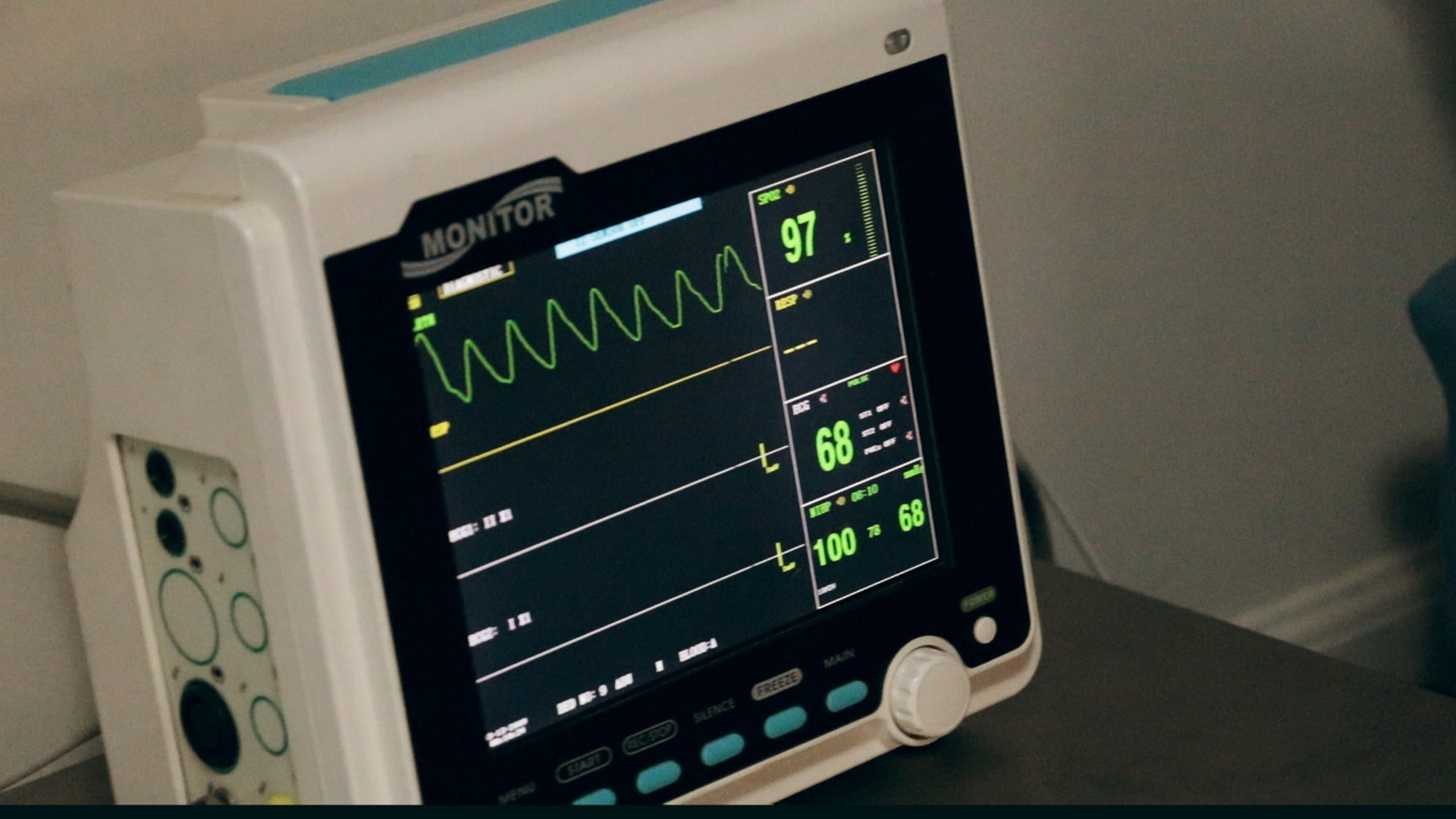- 14 March 2023
- 45
The Rhythm of Life: How Your Heartbeat Affects Time Perception

Have you ever wondered why time seems to fly by when we’re having fun, but drags on endlessly during tedious tasks? The answer may lie in the rhythm of our hearts. As it turns out, our heartbeat not only keeps us alive but also plays a crucial role in how we perceive time. In this blog post, we’ll explore the fascinating connection between your heart rate and your perception of time, and how understanding this relationship can help you make every second count! So buckle up as we dive into the rhythm of life and uncover its secrets.
How the Heartbeat Affects Time Perception
The average human heartbeat is 60-80 beats per minute. When we are at rest, our heart rate slows down and we perceive time as passing more slowly. When we are active, our heart rate speeds up and we perceive time as passing more quickly.
It has been shown that the perception of time can be affected by the electrical activity of the heart. When the heart is in a state of high arousal, such as during exercise, the electrical activity is more chaotic and this affects how the brain processes information about time. In general, when the heart rate is faster, time seems to pass more quickly.
There are a number of theories about how the heartbeat affects time perception, but one popular theory is that it is related to the “body clock”. This theory suggests that our internal clocks are reset by our heartbeat, so when our heartbeat speeds up, our internal clock also speeds up and vice versa.
Whatever the mechanism may be, it is clear that our heartbeat does affect how we perceive time. So next time you find yourself feeling like time is dragging on or flying by, take a look at your pulse and see if there might be a connection!
The Different Factors That Influence Time Perception
There are a number of different factors that can influence our perception of time. One of the most important is our heartbeat. Our heartrate can have a big impact on how we perceive the passage of time. A faster heartrate will tend to make us feel like time is passing more quickly, while a slower heartrate will make us feel like time is passing more slowly.
Other factors that can influence our perception of time include our level of arousal, how engaged we are in what we’re doing, and whether or not we’re expecting an event to occur. If we’re feeling stressed or anxious, for example, time is likely to feel like it’s passing more slowly than usual. Similarly, if we’re highly focused on a task or activity, time is likely to pass more quickly. On the other hand, if we’re waiting for something to happen, time is likely to drag.
Everyone experiences fluctuations in their perception of time from day to day (or even minute to minute). But, in general, our heartbeat has a big influence on how we experience the passage of time. So next time you find yourself feeling like time is dragging or flying by, take a moment to check your pulse and see if your heartrate might be playing a role!
The Importance of a Healthy Heartbeat
Your heartbeat is not just responsible for pumping blood around your body – it also plays a role in how you perceive time. Studies have shown that people with a faster heart rate perceive time as passing more quickly than those with a slower heart rate.
So, if you want to make the most of your life, it’s important to keep your heart healthy! Exercise and a healthy diet are both key to maintaining a healthy heart rate and ensuring that your body is able to make the most of every minute.
How to Maintain a Healthy Heartbeat
Your heart is the muscle that pumps blood throughout your body, and its rhythmic beat is integral to life. The average person has a heart rate of 60-100 beats per minute, which means your heart beats approximately 100,000 times per day! That’s a lot of work for one muscle, so it’s important to take care of your heart and keep it healthy. Here are some tips for maintaining a healthy heartbeat:
-Get regular exercise: Exercise is good for your overall health, and it can also help to keep your heart healthy. Just 30 minutes of moderate exercise each day can help to reduce your risk of heart disease.
-Eat a healthy diet: A diet that is high in fruits, vegetables, whole grains, and lean protein can help to keep your heart healthy. Avoid processed foods, sugary drinks, and excessive amounts of saturated and unhealthy fats.
-Don’t smoke: Smoking is one of the leading causes of heart disease. If you smoke, quitting is the best thing you can do for your heart health.
-Manage stress: Stress can take a toll on your overall health, including your heart. Finding ways to manage stress through relaxation techniques like yoga or meditation can help to keep your heartbeat regular.
Conclusion
Our heartbeats are a powerful indicator of our biological rhythms and affect how we perceive time. When our heartbeat is high, the world can seem to go by too quickly, while when it’s low, it can feel like time has slowed down or stopped completely. By being aware of your own heart rate and understanding its impact on time perception, you can gain control over how you experience life events more mindfully. With this newfound awareness comes greater clarity about where you stand in the present moment, enabling conscious living and improved overall wellbeing.

